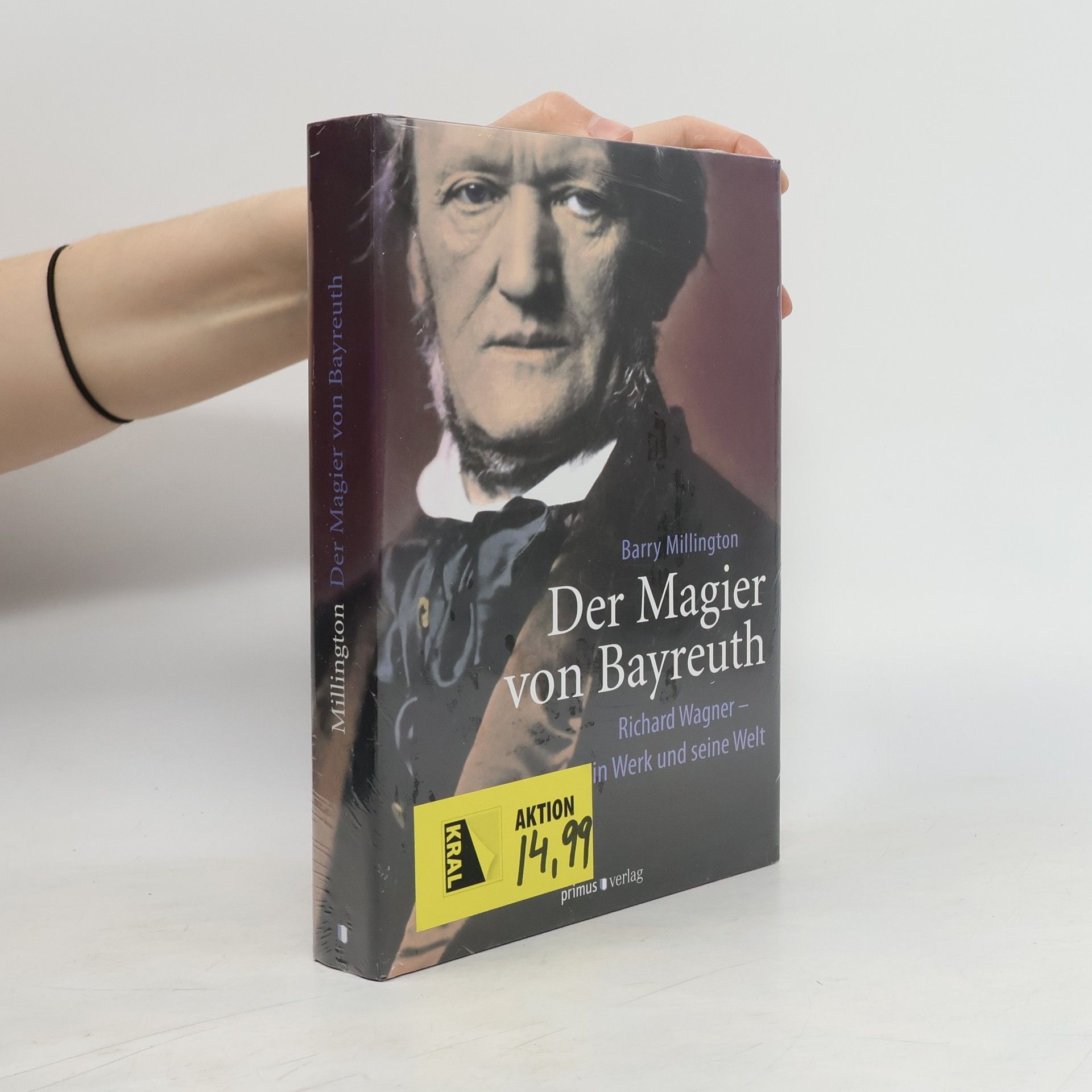"An important work for Wagnerites and musical scholars."― Choice There had long been a need for a modern English translation of Wagner’s Ring ―a version that would be reliable and readable yet at the same time be a true reflection of the literary quality of the German libretto. First published in 1993, this acclaimed translation, which follows the verse form of the original exactly, filled that niche. It reads smoothly and idiomatically, yet is the result of prolonged thought and deep back- ground knowledge.The translation is accompanied by Stewart Spencer’s introductory essay on the libretto and a series of specially commissioned texts by Barry Millington, Roger Hollinrake, Elizabeth Magee, and Warren Darcy that discuss the cycle’s musical structure, philosophical implications, medieval sources, and Wagner’s own changing attitude to its meaning. With a glossary of names, a review of audio and video recordings, and a select bibliography, this book is an essential complement to Wagner’s great epic. 16 black-and-white illustrations
Barry Millington Livres


Pünktlich zum Jubiläumsjahr 2013 erscheint dieses gründlich recherchierte Werk über Richard Wagner. Auf der Höhe der Forschung eröffnet Barry Millington einen neuen Zugang zu Leben und Nachleben, Werk und Inszenierung einer der einflussreichsten und umstrittensten Persönlichkeiten der Musikgeschichte. Wie die Steine in einem Mosaik fügen sich dabei die kurzen Kapitel im abwechslungsreichen Zusammenspiel von Text und Bild zu einem facettenreichen Gesamtbild. Dieses Bild wirft auch Schlaglichter auf die Personen, zu denen Wagner in Beziehung stand, die ihn beeinflussten und die er umgekehrt beeinflusste. Breiten Raum nimmt die Rezeptionsgeschichte ein. Ausführlich geht Millington auf die 13 Opern ein, die das Herzstück von Wagners Werk darstellen. Und gerade hier kommt die Bildstärke des Buches zum Tragen: Historische Abbildungen und Fotos zeigen Inszenierungen und Bühnenbilder bis in unsere Gegenwart hinein.